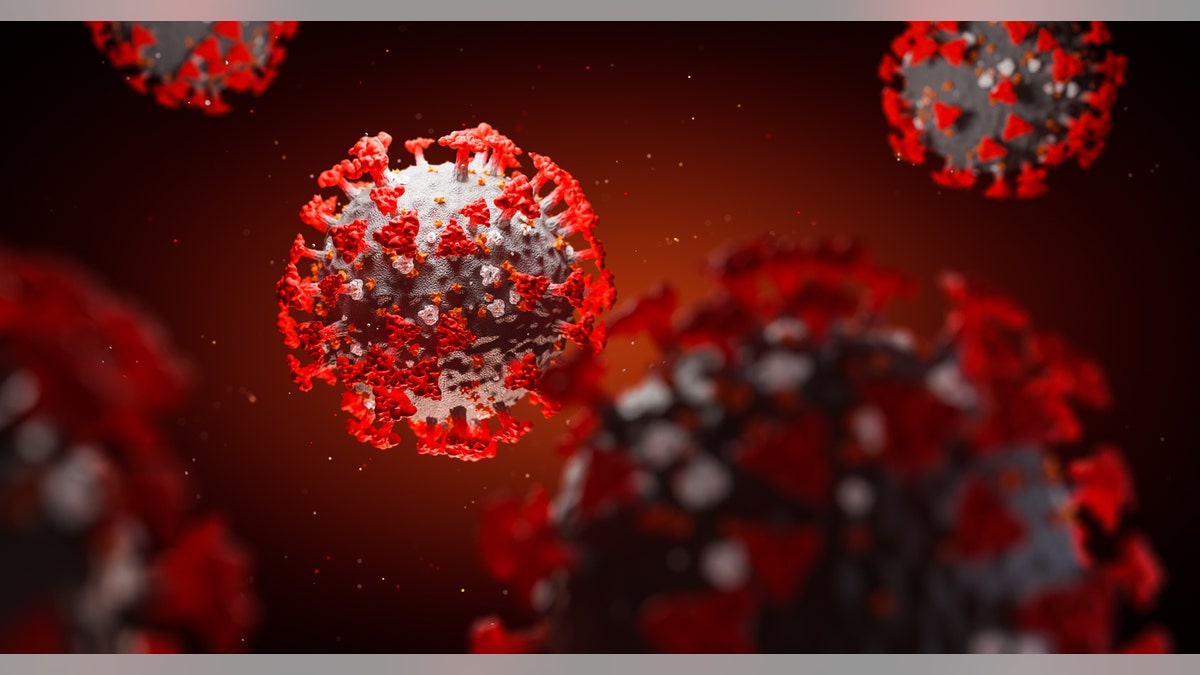Fox News Flash top headlines for June 9
Fox News Flash top headlines are here. Check out what's clicking on Foxnews.com.
Scientists have identified detailed methods for safely performing research on SARS-CoV-2, the virus that causes COVID-19.
The peer-reviewed paper, which was published Friday in the journal Viruses and led by virologists in the Institute for Biomedical Sciences at Georgia State University, explains how to effectively inactivate the virus to enable safe study of infected cells.
“Importantly, the study defines specific methods that fully inactivate the virus, that is make it non-infectious, in ways compatible with further scientific analysis,” said Christopher Basler, professor in the Institute for Biomedical Sciences, in a statement.
KAWASAKI-LIKE SYNDROME LINKED TO COVID-19 IN CHILDREN IS A NEW CONDITION, STUDY FINDS

A concept of SARS-CoV-2 is seen above. (iStock)
POTENTIAL TREATMENT FOR COVID-19 PATIENTS' RESPIRATORY DISTRESS IDENTIFIED IN NEW STUDY
“This allows researchers to study the proteins and genes of the virus and how the infected host responds to infection outside of high containment. Confirming that such analyses can be done safely, with no risk of infection, will increase the rate of discovery about the virus and COVID-19," he said.
Biosafety experts worked with Baser and his colleagues to ensure their safety on site. After developing training for the researchers, they implemented procedures to keep the team safe during the work.









































